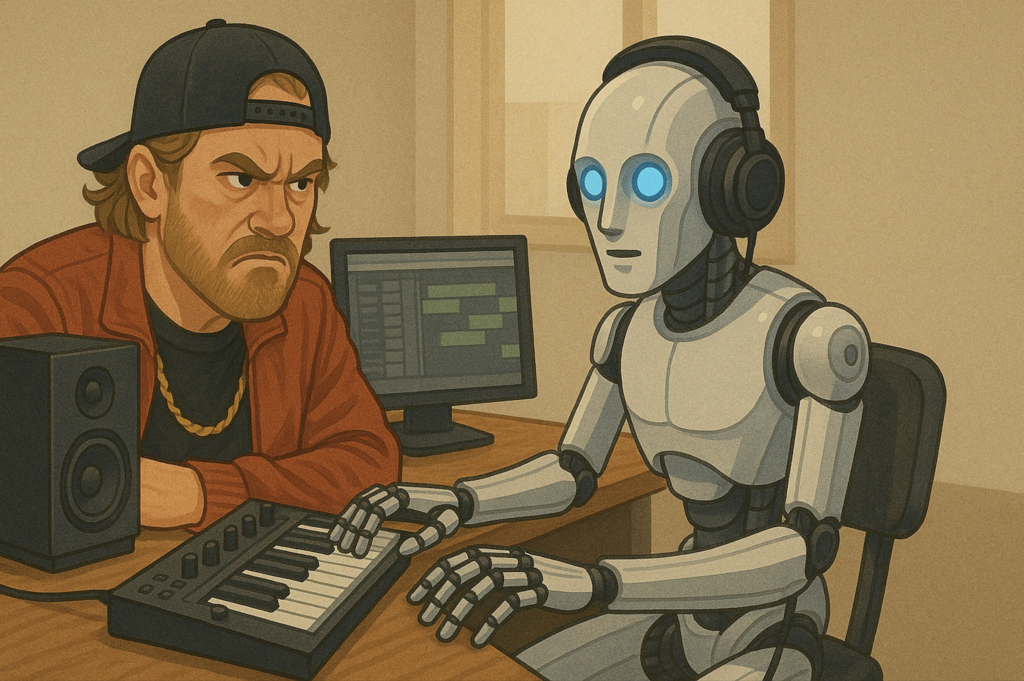France-headquartered music streaming service Deezer has revealed that approximately 18% of all tracks now being uploaded to its platform are fully generated by artificial intelligence.
The company disclosed on Wednesday (April 16) that more than 20,000 AI-generated tracks are being delivered to its platform every day – around double the 10,000 daily AI uploads Deezer reported in January.
“AI-generated content continues to flood streaming platforms like Deezer and we see no sign of it slowing down,” said Aurelien Herault, Chief Innovation Officer at Deezer.
Deezer launched an AI detection tool in January after filing two patent applications for the technology in December.
Herault noted today that this tool is helping the company filter fully AI-generated tracks from algorithmic recommendations for its 9.7 million subscribers.
Deezer’s detection tool can identify artificially created music from multiple generative models, including popular AI music generators Suno and Udio.
Both Suno and Udio were sued last year by labels owned by the three major music companies, which alleged that the AI companies trained their models on copyrighted music without authorization.
Suno was also sued by German collection society and licensing body GEMA in January.
The growing presence of AI-generated music on streaming platforms has become a significant concern for artists, labels, and publishers throughout the music industry.
In January, Deezer CEO Alexis Lanternier stated the company’s plans to “exclude” fully AI-generated tracks “from algorithmic and editorial recommendation.”
“Generative AI has the potential to positively impact music creation and consumption, but its use must be guided by responsibility and care in order to safeguard the rights and revenues of artists and songwriters,” Lanternier said at the time.
Deezer has been among the most aggressive digital service providers (DSPs) when it comes to detecting AI-generated content, “noise” tracks meant to skim royalty revenue, and other low-quality content.
In 2023, the company launched an “artist-centric” payment model with Universal Music Group, designed to reward artists with large followings who are actively sought by subscribers, and to disincentivize low-quality content.
Other music companies, such as Warner Music Group and indie licensing organization Merlin, have since signed on to the model in France.
Deezer announced last year that it had deleted 26 million “useless” tracks from its platform following the artist-centric rollout.
A report released late last year by CISAC, the global umbrella group for authors’ societies, estimated that AI could “cannibalize” up to 24% of music creators’ revenues by 2028.
The rising use of generative AI in creative industries has triggered a wave of lawsuits, with artists, authors, and rights holders accusing AI firms of using copyrighted material without consent or compensation to train their models.
Dozens of musicians, including Billie Eilish, Nicki Minaj, and Stevie Wonder wrote an open letter last year warning that AI-generated music trained using their work could “sabotage creativity” and sideline human artists.
Music Business Worldwide
Stay on top of the real stories shaping the music industry: Join over 60,000 industry professionals who rely on MBW’s FREE daily newsletter and alert emails for essential insights and breaking news.
